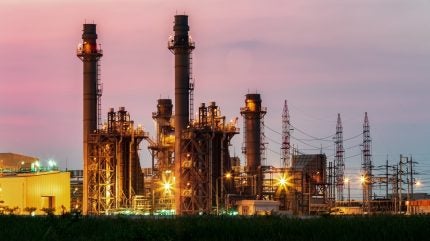
Germany has reportedly received informal consent from the European Union to provide financial support to gas-fired power plants, Reuters has reported.
The power plants will ensure electricity grid stability during periods when renewable energy sources are insufficient.
The EU’s competition authorities have agreed in principle to state aid for utilities as part of Germany’s 10GW National Power Station Strategy.
However, details for official approval are still being finalised. Government and company sources indicate that the German government has agreed to terms that will evolve with the strategy.
The informal agreement is expected to be documented by the EU by early June 2024.
As the country moves away from nuclear and coal-powered electricity, it aims to support natural gas plants that will bolster the grid during periods of high power demand and when renewable sources fall short.
The plants are also expected to transition to green hydrogen between 2035 and 2040.
The German economy ministry has acknowledged progress in discussions with the EU but has not confirmed an agreement.
The EU Commission is engaged in constructive talks with Germany but has withheld comments on specifics.
The German state plans to hold tenders, allowing utilities such as RWE, EnBW and Uniper to bid for contracts to build and operate these plants, with financial incentives for availability.
The auctions aim to minimise subsidies by awarding contracts to the lowest bidders.
German Economy Minister Robert Habeck has indicated that an agreement is close following extensive negotiations with the EU, with tendering for the power plants potentially concluding before the 2024 summer break.



